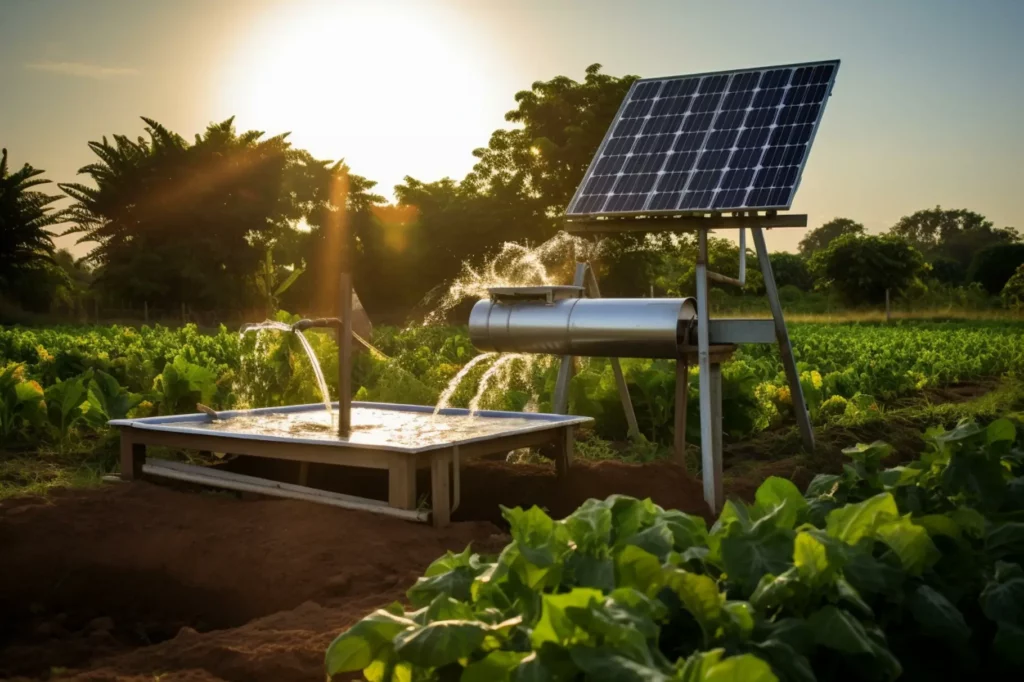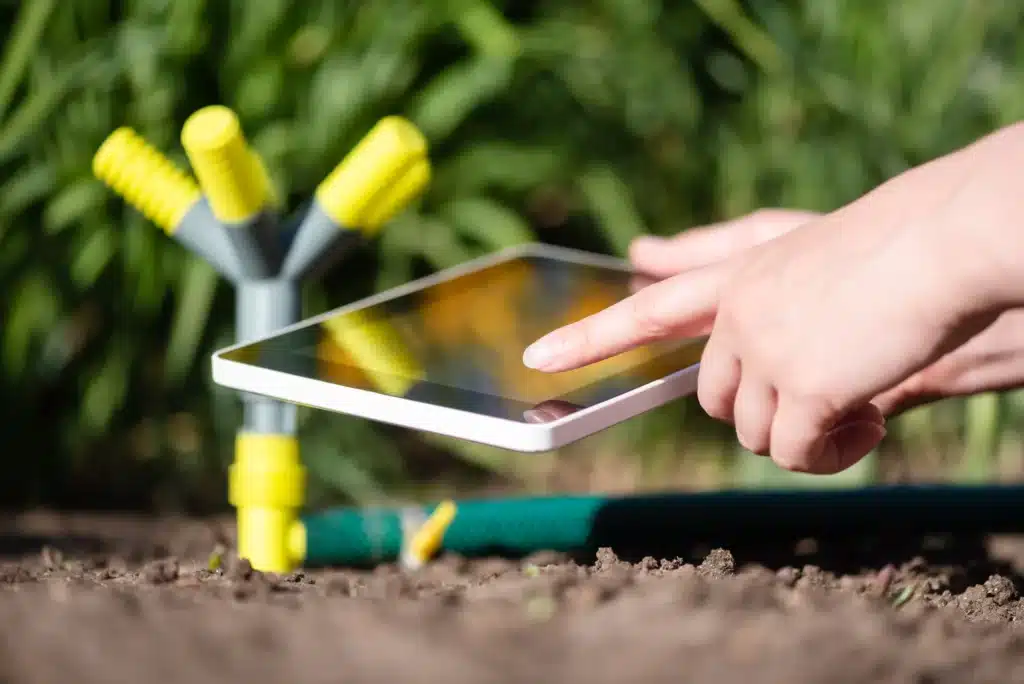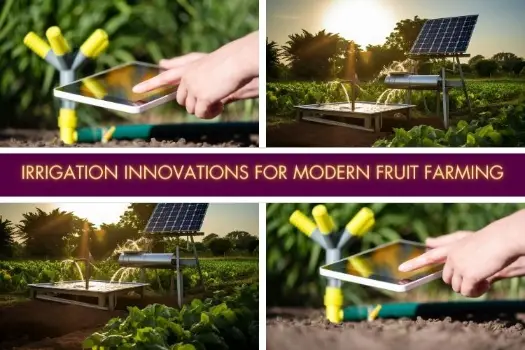In fruit farming, the role of irrigation is pivotal. The right amount of water, delivered at the correct time and in an efficient manner, can make the difference between a bountiful harvest and a meagre yield.
With the advent of modern technology, including the Fruit Growers Irrigation System Design, irrigation has evolved from simple manual methods to sophisticated systems. These innovations enhance the growth and quality of fruit crops and contribute to sustainable water management practices.
This article presents irrigation technologies in fruit farming, highlighting their functionalities and benefits, revolutionizing agricultural practices towards sustainability and efficiency.
1. Automated Drip Irrigation Systems
Automated drip irrigation represents a pinnacle in precision agriculture. This system is ingeniously designed to deliver water directly to the plant’s root zone. What makes it remarkably efficient is the way it minimizes evaporation and runoff, ensuring that every drop of water is used effectively.
The core technology of this system lies in its advanced sensors and control units. These soil moisture sensors are adept at providing real-time data, enabling the system to dynamically adjust the water delivery according to the plant’s needs.
The benefits extend beyond water efficiency; the system’s targeted watering approach significantly reduces the proliferation of weeds and mitigates the risk of plant diseases commonly associated with high moisture levels on plant foliage.
This technology is especially beneficial for fruit trees and vineyards, where precision in water management directly influences the quality and yield of the fruit.
2. Solar-Powered Irrigation

Solar-powered irrigation systems are a notable innovation in sustainable agriculture. These systems are typically composed of solar panels, a pump, and a controller. The solar panels efficiently capture sunlight, converting it into electricity to power the irrigation pump.
The adaptability of these systems is a key advantage, making them suitable for various settings, from small orchards to expansive fruit farms. They can be designed to be either portable or fixed, catering to the specific needs and layout of each farm.
By harnessing renewable energy, they markedly reduce the farm’s reliance on fossil fuels and grid electricity, thus diminishing the carbon footprint. Plus, their operational costs are significantly lower compared to conventional electric or diesel-powered irrigation systems once the initial investment is recouped.
3. Smart Sprinkler Technology
Smart sprinkler technology has revolutionized traditional irrigation methods. These are equipped with weather sensors and can connect to local weather forecasts. This integration enables the system to intelligently adjust its watering schedule based on anticipated weather conditions, ensuring judicious use of water.
These sprinklers can be connected to Wi-Fi or other network systems, allowing them to integrate with broader farm management software. This enhances overall productivity by enabling different watering regimes for various types of fruits, a feature particularly beneficial in diversified fruit farms.
This smart technology ensures that water is used efficiently, reducing wastage and ensuring that fruits receive moisture exactly when they need it.
Mobile-Controlled Irrigation

Mobile-controlled irrigation marks a significant shift towards convenience and control in agricultural practices. This innovative system allows farmers to manage their irrigation setups from any location using a mobile device.
This remote management capability offers unparalleled flexibility and the ability to make immediate adjustments in response to changes in weather or soil moisture conditions. The system also provides alerts for any irregularities, such as potential leaks or system failures, enabling prompt action to prevent water loss or damage to the crops.
Furthermore, these systems often have the capability to record and analyze historical irrigation data, aiding farmers in making well-informed decisions for future irrigation planning.
Foggers And Misters For Microclimate Control
Foggers and misters are specialized systems designed to create a suitable microclimate for fruit crops, particularly in regions with low humidity.
These systems operate by dispersing water into the air in a fine mist, effectively increasing the humidity levels around the plants. This is invaluable for fruits that are sensitive to dry conditions, such as berries, helping maintain the delicate balance of moisture necessary for their optimal growth.
Additionally, these systems can help moderate air temperatures around the plants during hot weather, safeguarding the fruits from the adverse effects of heat stress.
Water Recycling Systems
Water recycling systems are a testament to the growing emphasis on sustainability in farming. These systems are designed to capture runoff and excess water, which is then treated and reused for irrigation. This creates a closed-loop system that significantly curtails water waste.
An important component of these systems is the filtration and purification process, ensuring that the recycled water is devoid of pathogens and contaminants and safe for reuse in irrigation. By reducing the farm’s dependence on local water resources, these systems not only benefit the farm but also contribute positively to the conservation of the broader ecosystem.
Conclusion
These irrigation innovations offer a comprehensive suite of solutions catering to the diverse needs of modern fruit farming. From enhancing water efficiency and reducing environmental impact to improving crop yields and quality, these technologies represent a harmonious blend of sustainability and advanced agricultural practices.






